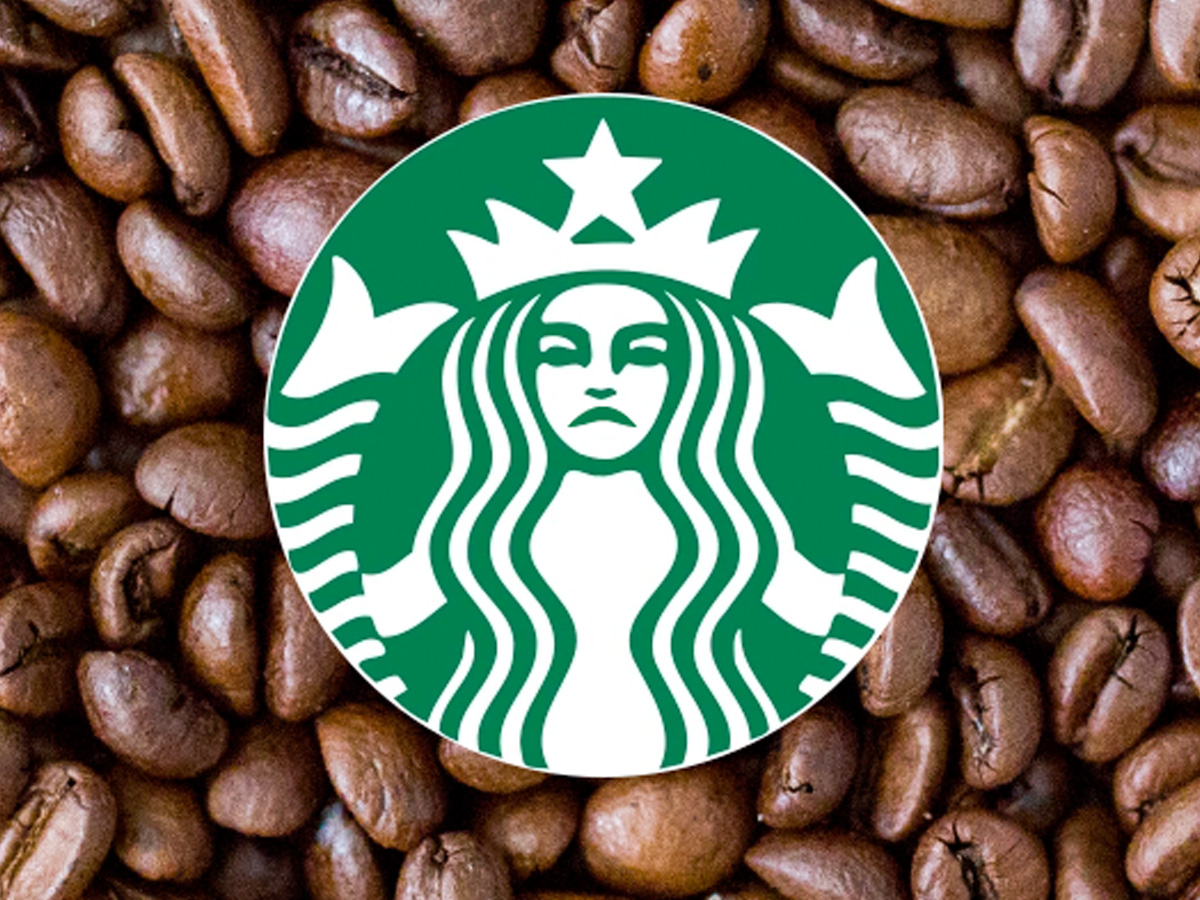To: Kevin Johnson, CEO
Starbucks Coffee Company
2401 Utah Avenue South, Suite 800
Seattle, WA 98134 USA
Dear Mr. Johnson:
We understand that Starbucks is trying to listen to its customers’ demands for less plastic. But is the new strawless coffee cup lid actually going to be recycled?
The recent announcement by Starbucks to eliminate straws franchise-wide and replace them with the new design might seem to be a step forward in the fight against plastic pollution, at first glance.
But here’s the concern: The new lid actually utilizes more plastic than the previous lid and straw design combination. The current lid and straw design contains 3.55 grams of plastic while the new design contains 4.11 grams of plastic . #breakfreefromplastic, the global movement working to stop plastic pollution for good, advocates for better alternatives that utilize less plastic. Plastic production is ramping at an alarming rate. It’s not just a management problem, it’s an unmanageable problem.
Straws are not the only problem in terms of the Starbucks overall plastic footprint. Although straws were targeted by advocates after a 2015 video of a straw lodged in a sea turtle’s nose went viral, by weight, straws only account for a mere 0.02% of plastic pollution.
Starbucks Director of Packaging and Sourcing, Chris Milne stated on The Starbucks Website, “By nature, the straw isn’t recyclable and the lid is, so we feel this decision is more sustainable and more socially responsible.” However, the replacement for straws, a design made of #5 polypropylene, is highly unlikely to be recycled at any meaningful rate. Waste Management, the largest waste company in America, announced just this week that they would no longer be accepting #5 plastic in curbside recycling programs in Sacramento, California, and more and more cities and towns are sending #5 plastics straight to the landfill all over The United States. As such, claims about the ability of #5 plastics to be ‘widely recycled’ is improbable. In fact, only 9% of the world’s recycling actually gets recycled. Furthermore, with more than 24,000 stores across more than 25 markets, half of Starbucks
stores are located outside the United States and Europe, and far less likely to have any access to recycling. These cities are already struggling to fund waste collection systems yet they are left to address waste that communities can neither compost or recycle.
The #breakfreefromplastic movement, which consists of nearly 1,300 NGO’s around the world, is comprised of experts with scaleable, systemic and transformative solutions needed at every stage of the plastic pollution life cycle, from extraction to disposal. A number of the core groups in the movement are on the front lines of this crisis, including demanding zero-waste cities to transform the way we make, use and dispose, single-use plastic.
We invite you to visit with members of #breakfreefromplastic in Southeast Asia to witness first-hand where plastic has been introduced by global north companies to markets that are not designed to digest it. We invite you to experience the innovative work of member organizations working tirelessly to create a future where zero-waste, plastic pollution free cities are the norm. In many of the countries in Southeast Asia-- home to countless Starbucks franchises-- recycling capacity is virtually non existent and Starbucks waste is ending up in landfills and dumpsites, or ultimately making its way into waterways and the ocean. Members of #breakfreefromplastic have found Starbucks branded straws, hot cups, cold cups, and lids during beach cleanups where we audit the types of products and packaging we find.
While recycling should be pursued and recognized, we cannot recycle our way out of the plastic pollution problem. We are calling on Starbucks to reduce the amount of plastic in their products and eliminate problematic packaging. Furthermore, we invite Starbucks to discuss innovative solutions with #breakfreefromplastic members working on better alternatives. We believe Starbucks can be a leader by demonstrating accountability for the recovery of
materials beyond the retail counter and promoting reusability.
#breakfreefromplastic is a global movement envisioning a future free from plastic pollution. Since its launch in September 2016, nearly 1,300 groups from across the world have joined the movement to demand massive reductions in single-use plastics and to push for lasting solutions to the plastic pollution crisis. These organizations share the common values of environmental
protection and social justice, which guide their work at the community level and represent a global, unified vision. www.breakfreefromplastic.org.
Sincerely,
The Story of Stuff Project
Global Alliance for Incinerator Alternatives
Trash Hero World
Zero Waste Europe
Centre for Zero Waste & Development in Africa
Californians Against Waste
BaliFokus/Nexus3 Foundation
DRAKENSTEIN ENVIRONMENTAL WATCH (DEW)
Don't Waste Arizona
Ecology Center
No Waste Louisiana
Downwinders at Risk
Texas Campaign for the Environment
Zero Zbel Morocco
UPSTREAM
Society for Earth, Poland
Save Our Shores
Hazards Centre
Oceana
Wild at Heart Legal Defense Association, Taiwan
Consumers' Association of Penang
Ecowaste Coalition , Philippines
Environment and Social Development Organization-ESDO
Gita Pertiwi
Indonesia Water Community of Practice
NCR Waste Matters
PLAN: The Post-Landfill Action Network
Gerakan Indonesia Diet Kantong Plastik
Sustainable Development Solutions Network (SDSN) Youth - Indonesia
Pacific Environment
Team Marine
YPBB Bandung
Sahabat Alam Malaysia (Friends of the Earth Malaysia)
Greeners Action, Hong Kong
CAG, Chennai, India
Center for International Environmental Law (CIEL)
Seventh Generation Advisors
Greenpeace
5 Gyres
Wishtoyo Chumash Foundation
Centre de Recherche et d'Education pour le Développement (CREPD)
ZERO - Associação Sistema Terrestre Sustentável
Voice of Irish Concern for the Environment and the Conscious Cup Campaign
Center for International Environmental Law - US
Pipeline Safety Coalition
European Environmental Bureau
The Last Plastic Straw
Mother Earth Foundation Philippines
Plastic Pollution Coalition
Plastic Free Seas
Earthworks
Korea Zero Waste Movement Network
Environmental Investigation Agency
Plastic Soup Foundation
Zero Waste France




